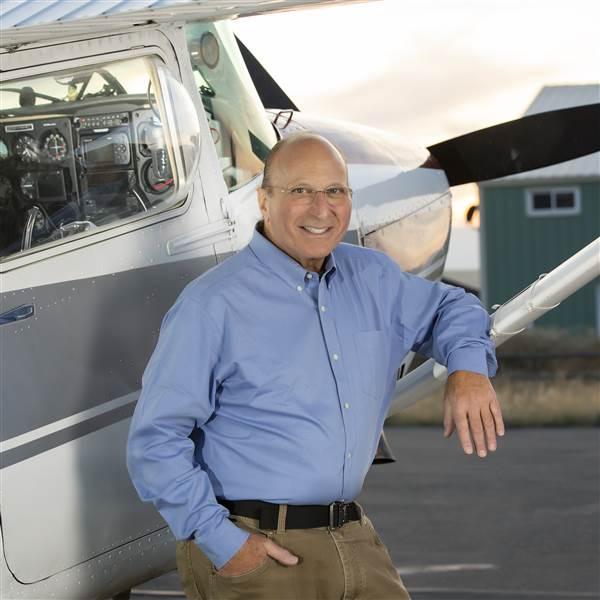Review your medical records
Uncorrected errors may haunt you
The pilot, who is a social drinker at best, was purported in his medical record to drink 84 beers a week without any documentation as to where that number came from and without any abnormalities in his lab work that would suggest alcohol abuse of any amount. He was also reported to be unconscious after an accident; however, there is no documentation of that and, in fact, first responders reported no loss of consciousness.
Once errors are in the computerized medical record (electronic health record or EHR), they are there permanently and will keep populating the diagnosis list forever. Incredibly, most patients never see this list until the FAA or an insurance company denies a medical certificate or refuses to insure.
What one can do is ask for a copy of their medical record immediately upon discharge from a hospital and read it. The printed EHR is impossible to decipher, but the narratives and the diagnosis list can be read. A friendly health professional also may review a record for errors.
If an error is found, one can ask the hospital to have the record corrected immediately. The hospital will not want to do this and may offer to have the physician write an amendment. Do not accept this. An amendment does not remove erroneous information but just says it was incorrect. That reminds me of when I had an embezzlement that trashed my credit score. It did not make any difference that there was an amendment on the credit report from law enforcement stating there was an embezzlement that caused late payments; the score was still trashed.
I had one pilot who had the erroneous diagnosis of opioid dependency on his record without any documentation whatsoever of how this was determined.I had one pilot who had the erroneous diagnosis of opioid dependency on his record without any documentation whatsoever of how this was determined. His hospitalization was something benign. The hospital refused to remove it until a lawyer was hired and threatened to sue.
I can assure you that a record with this type of erroneous information will cause great difficulty with the FAA, costing the pilot a lot of time and money. If the FAA sees a diagnosis, wrong or not, it must ask the pilot to explain. A simple explanation will not work. The pilot will need providers to write letters and will probably need testing and evaluations by a specialist to prove a negative, which is always harder than proving a positive. The pilot who allegedly drank 84 beers a week is two years into the process.
Review your records. It is a pain but will save you a lot of heartache.
.....
I really like helping student pilots get their medical certificate, and some of them have issues such as having used hyperactivity medicine or antidepressants in the past. Many times, even most, the use of the medications was inappropriate. For instance, the diagnosis of hyperactivity (ADD/ADHD) initially had to be made prior to age 6. However, a committee that contained a majority of members with conflicts of interest, raised that age to 12. The subsequent effect was the significant increase in the use of ADD/ADHD medications to the benefit of the pharmaceutical industry. As above, proving the negative is hard.
My pet peeve in the process is working with parents. I will only work with the pilot applicant. If the prospective pilot wants a medical, he or she can call me or see me in the office to work out how to fill out the medical form correctly or find out what they will have to do to fix the issue. If a student pilot needs their parent to ask me the questions and fill out the FAA medical form for their child, perhaps that child does not really want to be a pilot, or maybe should not be a pilot. After all, are the parents going to check the weather for their child before every flight?



